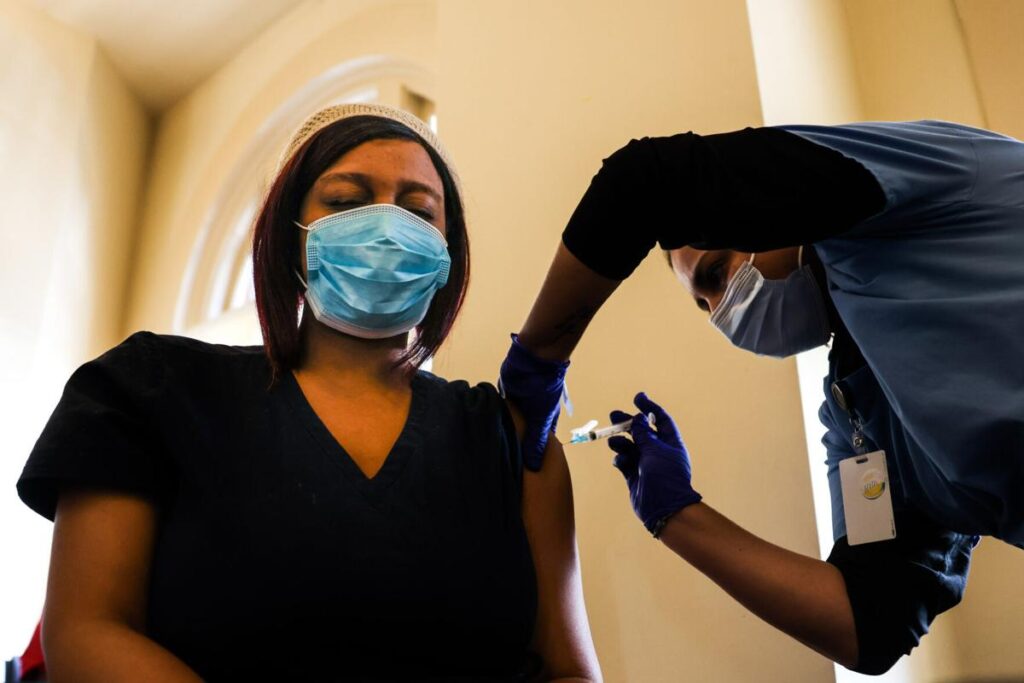Colorado Supreme Court to hear case on state employee discipline

The state Supreme Court announced on Monday that it will hear a case involving the termination of a state employee that the State Personnel Board determined was arbitrary and capricious.
Charged with handling appeals of disciplinary actions, the five-member board will see the Supreme Court decide whether, by majority vote, it can reverse a disciplinary decision, and whether it can do so without giving deference to the original decision.
The Department of Corrections hired Matthew Mark Stiles part-time in 2010 as a correctional officer. In 2013, he transferred to a boiler room position. In both cases, he never was the subject of corrective or disciplinary action.
In 2015, Stiles experienced a series of personal traumas. These did not affect his job performance, but afflicted him with insomnia. One particular Friday night in February, he smoked marijuana to help him sleep. The following Monday morning, he was selected for random workplace drug testing.
Stiles complied, then submitted an incident report to his employer explaining that he used marijuana and the circumstances surrounding it. In October 2015, when the test results returned, Stiles had a meeting with the warden. Stiles’ supervisor joined the meeting and vouched for his good performance.
The warden subsequently fired Stiles.
Stiles appealed to the State Personnel Board, where an administrative law judge found that the warden acted arbitrarily, failed to consider all of the evidence, and did not consider alternatives. The board adopted the judge’s findings, but the Department of Corrections challenged the decision. The department argued that the board should have deferred to the warden’s judgment.
“We are not persuaded,” Judge Rebecca Rankin Freyre wrote for the three-judge panel on the Colorado Court of Appeals.
She acknowledged that the law does not make it clear whether the administrative law judge should have substantially depended upon the warden’s decision or conducted an investigation all on their own.
“We disagree [with the department] and find more persuasive and binding our supreme court’s analysis…and its conclusion that only a de novo hearing can properly protect a certified employee’s property interests,” Freyre added. “Accordingly, we hold that an ALJ is not bound by the appointing authority’s initial decision and need not defer to it.”
The case is Department of Corrections, Denver Reception & Diagnostic Center v. State Personnel Board and Matthew Mark Stiles.














